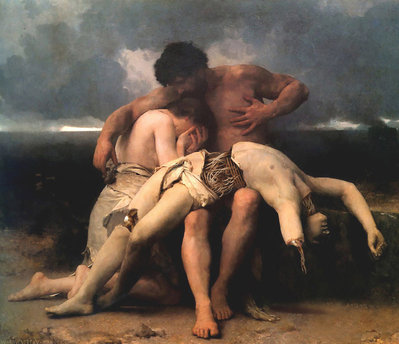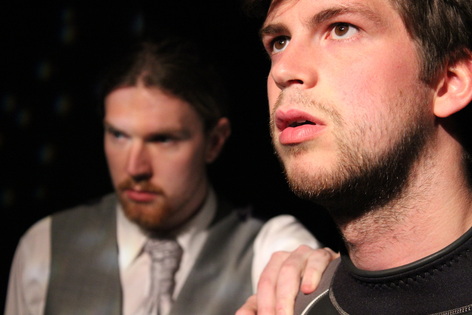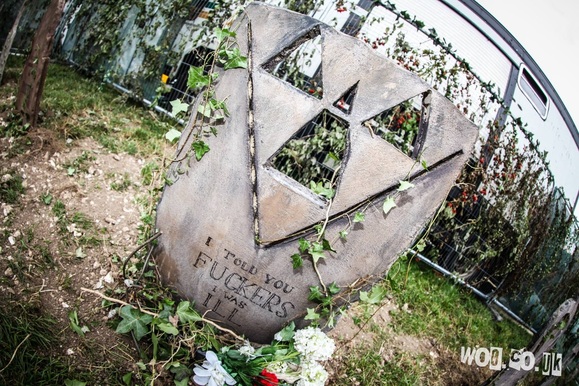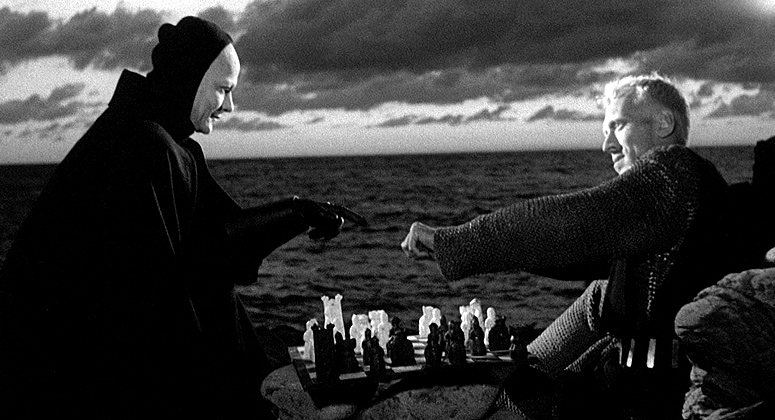|
death(having lost)put on his universe and yawned:it looks like rain – E.E. Cummings Death is the only certainty that we have in life. There are other certainties, I’m sure, such as growing, breathing, blinking. Yes, of course. But death is something that will happen, whether we want it or not. As far as I’m aware, no one has discovered the cure for mortality. Yet. That being said, it stands to reason that we should, at least to some degree, set aside some time to think about it. We don’t know what happens next. Heaven or Hell. Nirvana. Summerland. Nothing. In the words of Toyah Wilcox: “It’th a mythtery!” (She had a lisp, remember). Death and what happens to us afterwards has provided humanity with a plethora of theories and ideas. Whole religions were born as a way to give death and the afterlife a narrative. Entire cultures were built around it – the Ancient Egyptians, for example, spent their lives honouring the dead by building the pyramids: tombs for their pharaohs still living and in power. The mystery of the afterlife – of every afterlife ever conceived in a human brain or brains – is fascinating. So fascinating that of course we had to write a play about it. It’s fair to say that over the course of time, Nigel and I have developed the way we write together and the way that we formulate our ideas. In the beginning, we couldn’t write a play longer than 15 minutes, and they all ended with a blackout. Dramatic, sure, but tedious after a while. No, that’s unfair. Soften the Grey – an hour-long, you’ll be pleased to know! – ends with a blackout. (Sorry – should have said spoiler alert. It doesn’t really ruin anything if you haven’t seen it. And if you haven’t seen it – why not?!) Blackouts are fun, and effective, and I suppose, if we were being deeply psychological for a moment, reflect a very simple idea of death – that of the difference between light and dark, being active and alive one moment, inert and deceased the next. We have written many pieces of work that centre around the theme of death. The Number of the Beast, Soften the Grey and Immortality combine what we are calling the Death Trilogy. They explore reincarnation, the afterlife and immortality (obviously) respectively, and though they sound like rather heavy topics, we do keep it light-hearted and fun. We are here to tell stories, to entertain, after all. But there is a deeper, underlying conversation that goes on, one that, I hope, in certain moments of the plays, the audience participates in. In their heads of course. And afterwards at the bar. To have that conversation out loud with the person in the seat next to them while the play is still happening would be downright rude. It may seem morbid to have such a fascination and interest in death. Well, the subject of death. In the quiet moments throughout the day I often find myself thinking about what happens when one dies – we decompose, obviously, but what happens to the mind? This body will pass. This life will end. But does the mind go on? The mind – with its capacity for imagination and for learning and for understanding – surely goes on somehow? Otherwise, what is the point of this shambling existence, with the tsunami of human history looming ominously over us? Is it all really for nothing? Einmal ist keinmal? I don’t have the answers, nor does anyone. Moreover, I’m not interested in an answer. The journey is far more important – and enlightening – than the destination. Someone, somewhere, said, “Only in studying silence can we truly understand music.” I don’t actually know if anyone did say that. It feels like something someone would say, doesn’t it? I mention it because, essentially, in writing plays about death, what we’re actually doing is writing about life and all its wonders. “Doesn’t writing about death get depressing?” someone once asked me. “No,” I responded. “I don’t look on death as a negative thing – the realization of my own mortality and its inevitable end is a blessing, not a curse.” By which I meant that the focus on life and the time that there is left is all the more powerful and profound. This fascination offers endless possibilities. The work of 6FootStories is rooted in the mysterious, the wonderful, the uncanny. What better source of inspiration than a subject that has no definitive answers? A subject that delves deep into the hearts of all religions, of all lifestyles, of all cultures. Everything is possible. – Jake Hassam, September 2014
1 Comment
|
|
Web design by Nigel Munson
Hosted by weebly.com Production stills by Peter Munson/Zinta Gercans/Matthew Kaltenborn |





 RSS Feed
RSS Feed